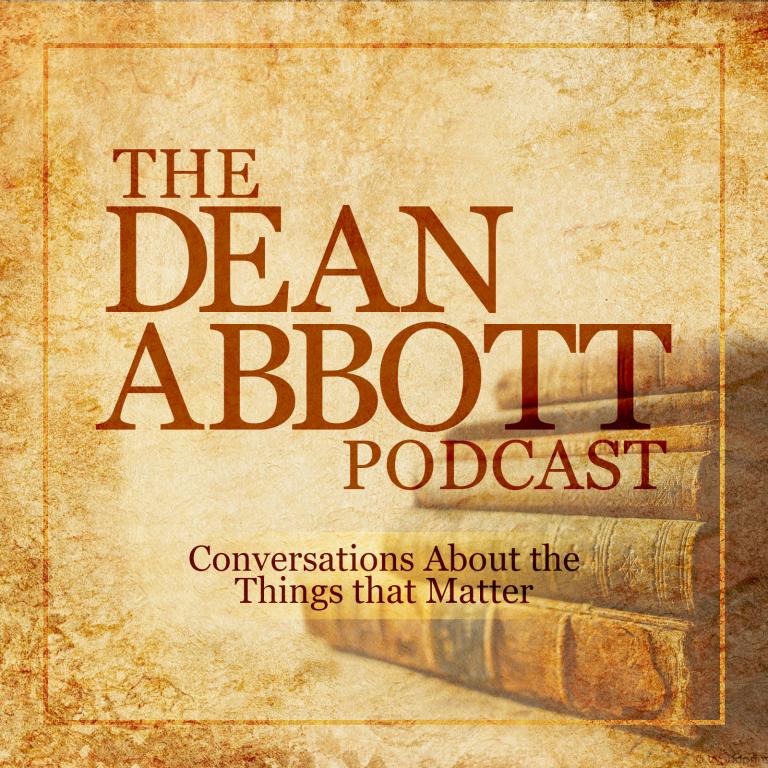Years ago, my wife and I attended an exhibit of the original drawings of cartoons published in the The New Yorker . One showed a young boy using a blow torch to burn the words “I Need Love” into the living room wall. His mother sat in a couch in the room explaining his behavior to a friend, saying, “He’s just doing that to get attention.”
It’s funny because the cartoonist has captured something real about our society, especially about the sophisticated, career-driven set who read The New Yorker. Using the clown’s privilege of telling hard truths others would be punished for telling, the cartoonist is pointing out the neglect of children rampant in our materialistic, secular culture.
As society has become more secular, more focused on success, more obsessed with material acquisition, relationships of all kinds have become strained. This is particularly true for familial relationships. A simple look at the divorce rate confirms this, as does a simple observation of the millions of young people who, in one way or another, are trying to burn a message about their need for love wherever someone might see.
And it’s not just the children of the crowd who reads The New Yorker. Working class families are equally fragile, perhaps more so.
The cartoon above draws our attention not just to the prevalence of child neglect, but also to something else equally disturbing. The cartoon also exposes the many parents who blind themselves to the damage neglect does to children. When the child acts out, that behavior is dismissed by parents. They don’t take it seriously. They refuse to see their children’s need for love even when it is emblazoned unmissably on the very walls of the home.
This denial is not merely individual, but societal. Our society’s children signal their messages about their need for guidance, stability and values in increasingly extreme ways and few take them seriously.
Consider the development, recently revealed in the news media, of young people eating laundry soap as a means entertainment in what is being called the Tide Pod Challenge. Essentially, young people have been inserting small containers of laundry detergent into their mouths and biting down, releasing the contents. Presumably, most don’t swallow.
Those taking the Tide Pod Challenge document this dangerous behavior in order to post the video online and enjoy the resulting wave of affirmation.
The revelation of the Tide pod challenge has produced a number of media stories warning people of the possible dangers of ingesting laundry soap and urging them not to participate in the fad.
As incredible as it is to need to say this, it is, apparently, necessary, so here goes : a society that must undertake a massive media campaign aimed at teaching its young people not to eat laundry soap is not a healthy society. The American anti-culture has created a generation so broken, anxious, ignorant and desperate, some are literally poisoning themselves.
On the other hand, what would we expect from the young in a society unwilling to nourish them spiritually and emotionally? It’s inevitable that some of them would, in the search for the solid food of soul-sustaining faith and tradition, try almost anything.
Our materialistic, secular, atomized lifestyles have, in other words, produced young people starved for what really matters. Still, most don’t see. We are like the woman in the New Yorker cartoon, blandly denying the child’s legitimate need for attention because acknowledging it would disrupt her agenda.
Even now, most people will dismiss the Tide Pod Challenge as something the crazy kids are doing, as if eating laundry soap in an attempt to gain affirmation and attention from strangers on the Internet were akin to their parents’ passing fascinations with pet rocks or Rubik’s Cubes.
It’s not the same. The Tide Pod Challenge is more. It is a sign of collapse, sign of decadence, a sign of a society limping toward its own demise. A society that, rather than offer its young resources for cultivating meaning, literally motivates them to poison themselves has arrived at its end.
The best we can do is to cultivate places of refuge where we can: in our homes, in our churches, in our hearts. We can protect our children from the ravages of an anti-culture bent on their destruction. We can nourish ourselves and others with the faith handed down to us and the treasures of our now fading civilization.
The cultural rot surrounding us need not spread to the culture in our home. We can pay attention to our children. We can mentor others. We can resolve to snatch what few we can from the coming destruction. We can make available to them the satisfying riches and wisdom of the best of what has come before and, in so doing, prepare for those around us, in the middle of a sick and malnourished society, a feast.










